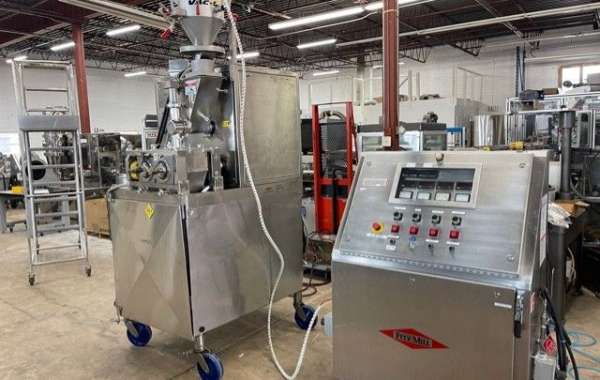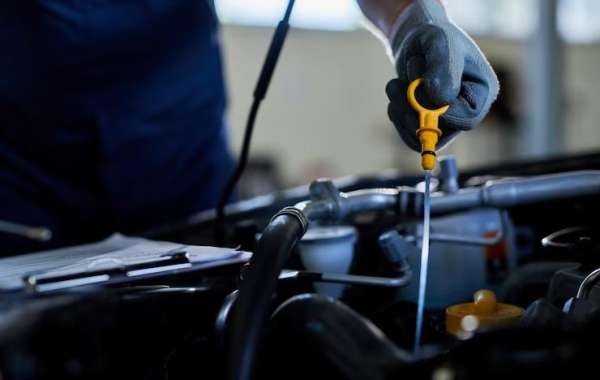Diesel gensets are backup power sources used for commercial buildings with high energy demands. They are portable and provide a stable source of power during outages.
A genset’s primary components include the engine, alternator and voltage regulator. The engine burns diesel fuel, creating rotational energy that the alternator converts into electricity.
Reliability
The reliability of a diesel generator is important to commercial buildings, since power outages can result in revenue loss. It’s also essential to choose the right diesel gensets for your needs, which requires an understanding of technical specifications and features.
Diesel gensets are often used as backup power sources for businesses, hospitals and building contractors in case of an emergency or a grid outage. They are also used as permanent power sources in places that do not have access to the power grid, like remote oil fields or isolated mining facilities. Although a diesel genset requires frequent refueling, it uses less fuel and produces fewer emissions than gasoline-powered engines. Plus, it does not produce vapors or explosive gases during combustion, which reduces the risk of fires and accidents. However, it’s important to maintain a maintenance schedule for your diesel gensets to prevent breakdowns. The gensets also require a lot of ventilation, so they should be placed in a well-ventilated area.
Durability
For large buildings that rely on data centers for their business operations, gensets are essential power backups in case of a power outage. They help prevent revenue loss and productivity interruptions, and they can even be life-saving for hospitals and other medical facilities.
Diesel generators convert fuel into electricity by using an engine to produce rotational energy. This energy passes through an alternator to create electrical power. The genset can run as long as the fuel supply lasts, which makes it ideal for use in places without a power grid or as emergency power-supply if the grid fails.
Commercial building owners can choose from small portable diesel generators to larger industrial gensets. The latter are usually housed in 40 ft ISO containers with fuel tanks, controls and power distribution equipment. They are sometimes referred to as power modules and sit on large triple axle trailers that can weigh up to 85,000 lbs. They can be powered by liquefied petroleum gas (LPG), natural gas, or diesel fuel.
Noise
Whether providing backup power in emergency standby applications or helping with peak shaving and demand response, gensets are essential for many commercial buildings. However, they can also create a lot of noise that can disturb people and disrupt operations.
The sound level of used generators can be controlled using acoustic enclosures. These enclosures reduce noise and vibrations, which help to minimize impact on a building’s inhabitants.
In addition, acoustic enclosures help to reduce the movement of cooling air. This movement can generate high-frequency noise. However, limiting this flow can negatively affect the generator set’s cooling efficiency. Another common source of noise is engine exhaust tone. This low-frequency hum can be heard at a considerable distance and can often cause complaints, even when the overall dB(A) target is met. To avoid this problem, it is important to diagnose and understand the causes of engine exhaust tonal hum before specifying costly noise reduction measures. This simple process can eliminate expensive guesswork and improve performance.




